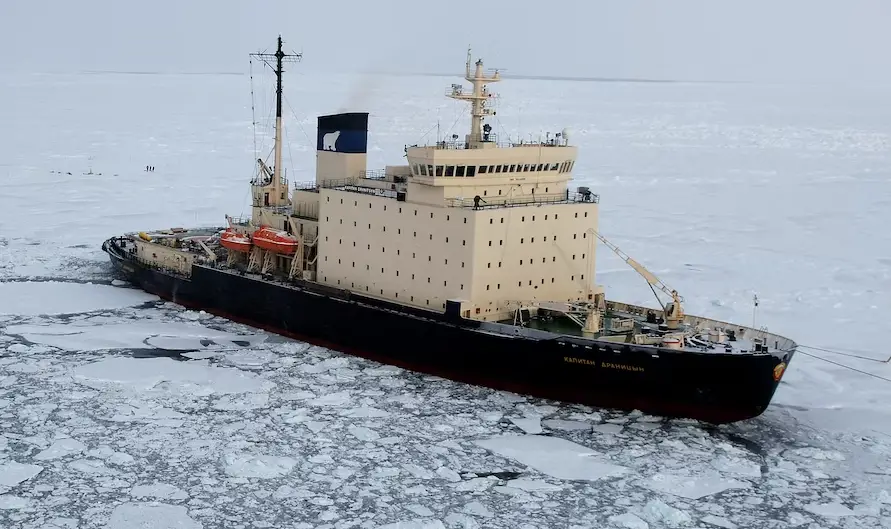On Tuesday, Bloomberg reported a Russian tanker was carrying a cargo of crude to China through the Arctic, and noted that this was emblematic of the fact that Moscow is seeking to make more use of the Northern Sea Route (NSR), as the West attempts to attack its energy industry with sanctions.
The Aframax-class tanker Primorsky Prospect described in the report was built in 2010. Owned by Sovocomflot, a Russian shipping company, it was carrying roughly 730,000 barrels of Urals crude when it departed the Russian Baltic port of Ust-Luga on July 11-12, according to the report, published on Tuesday.
According to the Bloomberg, tracking data shows the ship sailing along the north coast of Norway, on its way to a destination of Ruzhao, China, at which it is scheduled to arrive on August 12th.
Since the EU imposed an embargo on seaborne crude oil exports from Russia, as well as price caps on Russian oil and petroleum products, global supply lines for crude oil have had to reorganize, as Europe and the broader West’s rejection of Russian energy products forced them to purchase energy, at a premium, which had previously been re-routed elsewhere, such as Asia.
Meanwhile Russian energy products which were previously destined for ports in the West have had to be re-routed to buyers willing to disregard the sanctions, in return for discounts on the price of the energy products.
In 2022, Moscow took only a few months to reroute all of the oil flows which had previously been destined for the markets of the EU, to Asian buyers such as India and China.
However Russia is finding that the new buyers have added thousands of miles to delivery routes, delaying delivery times and making shipping their products even more expensive.
However by using the so-called Norther Sea Route, the shipping time can be shortened by as much as two weeks, cutting delivery times by as much as 30% compared to the southern route it would normally take through the Mediterranean and the Suez Canal.
In an effort to boost the Northern Sea Route as a major shipping lane, Russia has invested heavily in infrastructure to support the route, which runs off Russia’s northern coast line and through the Arctic Ocean.
Presently the route is operated by Rosatom, which operates a fleet of nuclear-powered ice-breakers, as well as Russian oil companies, which are studying the possibility of redirecting crude shipments from ports in the Baltic through the NSR.
Although the Arctic route contains too much thick ice to be used in the winter, Novatek, Russia’s second largest natural gas producer, is looking at beginning year-round eastbound navigation of the route through the Northern Sea Route beginning in 2024 to service its natural gas projects on the Arctic coast.


